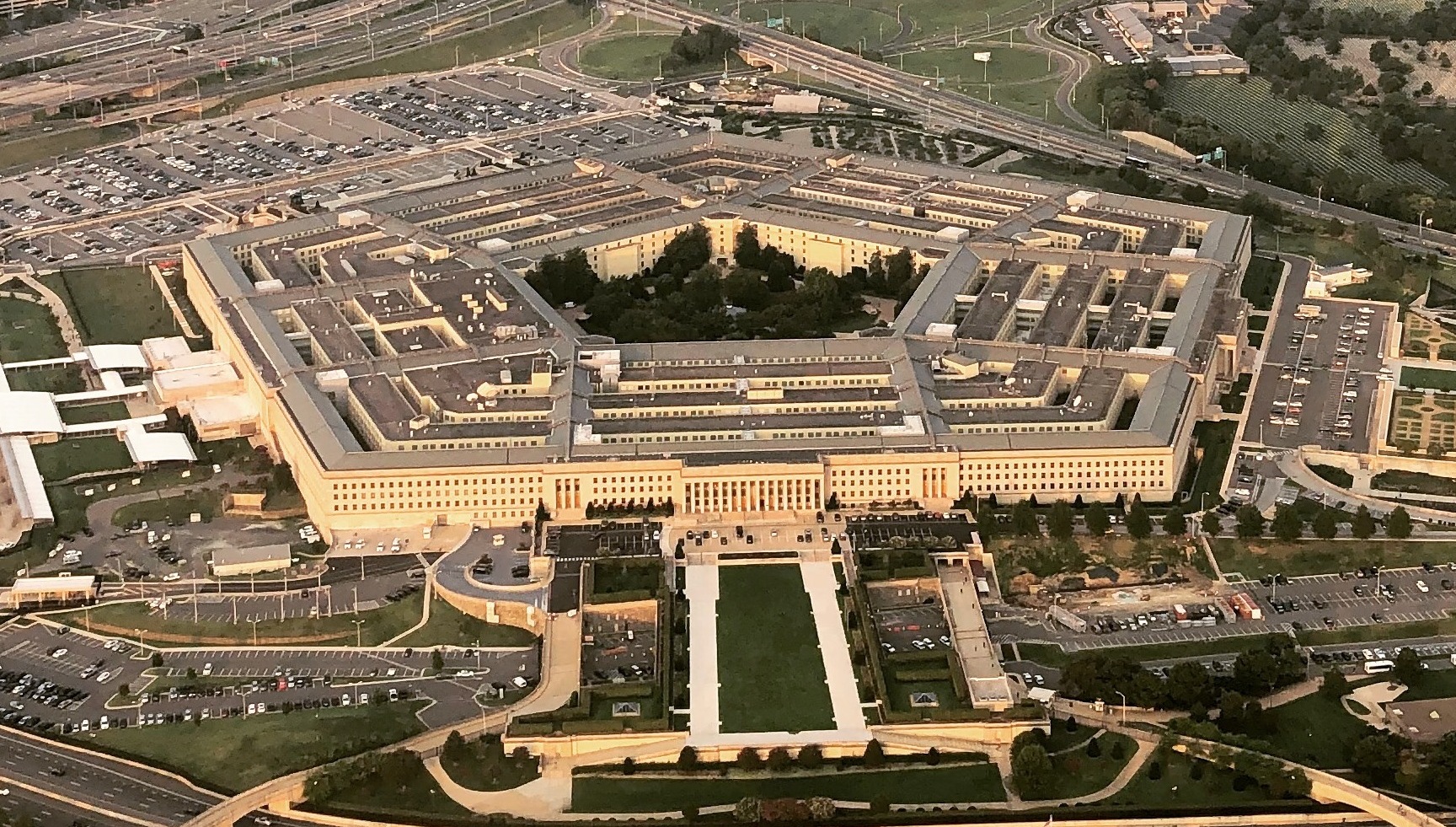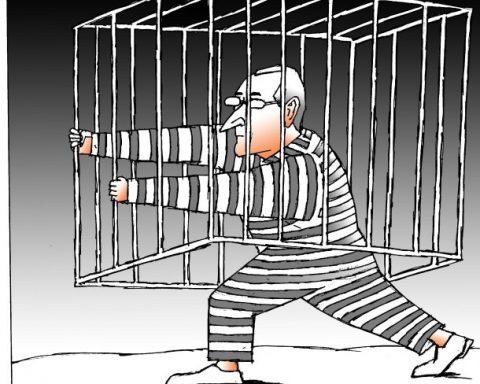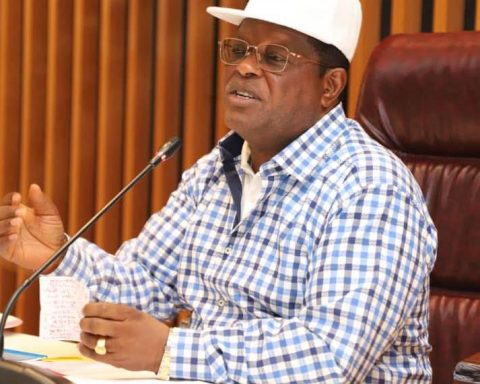Dozens of journalists covering the U.S. Department of Defense have vacated their workspaces at the Pentagon after refusing to sign new reporting rules introduced by Defense Secretary Pete Hegseth, which media organizations describe as a direct threat to press freedom and transparency.
The walkout, which took place on Monday, saw about 40 to 50 accredited reporters from major American and international outlets including Reuters, The Washington Post, The New York Times, CNN, and Fox News turn in their Pentagon access badges and remove their equipment and files from the building after a 4 p.m. deadline expired.
New Rules Spark Outcry
Under the new Pentagon media policy, journalists were required to sign an access agreement that would restrict how they gather and report defense-related information. The rules stipulate that reporters could lose their credentials for pursuing stories on sensitive or even unclassified matters without prior authorization from the Defense Department.
Join our WhatsApp ChannelThe Pentagon argued that the new policy was meant to “protect national security interests” and manage “disruptive” reporting behavior within the building. However, journalists and press freedom advocates said the rules were a clear attempt to control information and punish independent reporting.
One contentious clause allows the Pentagon to revoke badges if a journalist publishes unapproved material. Another provision forbids soliciting “unauthorized statements” from defense officials a rule critics say contradicts the basic principles of journalism.
Media Outlets Reject Policy
The Pentagon Press Association (PPA), representing news organizations accredited to cover the Defense Department, condemned the new rules and advised members not to sign. “This is not a matter of access management – it’s censorship in disguise,” the association said in a statement.
Nearly all major media outlets declined to sign the agreement, citing press freedom violations. Only One America News Network (OAN) reportedly accepted the new terms and retained its credentials.
READ ALSO: US Shutdown Masks a Far Deeper Threat – See Why
Investors Brush Off US Government Shutdown, Weak Hiring
Continuing Coverage Despite Restrictions
Journalists who surrendered their badges said they would continue to report on the Pentagon from outside the building, vowing not to be silenced. “We can report on the Defense Department without sitting inside it,” one correspondent told Reuters.
The Associated Press, The Guardian, Reuters, and The Washington Post all reported that the new policy effectively replaces long-standing media access practices that have governed Pentagon reporting for decades.
The U.S. Department of Defense has not indicated whether it plans to revise or suspend the rules following the mass walkout.
Press Freedom Concerns
Media freedom organizations, including the Committee to Protect Journalists (CPJ) and Reporters Without Borders (RSF), have criticized the development as unprecedented in modern U.S. military reporting history. Both groups warned that the policy could set a dangerous precedent for government control over journalists’ work in democratic societies.
As of Tuesday, Pentagon officials maintained that the rules would remain in effect, insisting they are intended to balance “press access with national security imperatives.”
Amanze Chinonye is a Staff Correspondent at Prime Business Africa, a rising star in the literary world, weaving captivating stories that transport readers to the vibrant landscapes of Nigeria and the rest of Africa. With a unique voice that blends with the newspaper's tradition and style, Chinonye's writing is a masterful exploration of the human condition, delving into themes of identity, culture, and social justice. Through her words, Chinonye paints vivid portraits of everyday African life, from the bustling markets of Nigeria's Lagos to the quiet villages of South Africa's countryside . With a keen eye for detail and a deep understanding of the complexities of Nigerian society, Chinonye's writing is both a testament to the country's rich cultural heritage and a powerful call to action for a brighter future. As a writer, Chinonye is a true storyteller, using her dexterity to educate, inspire, and uplift readers around the world.
- Amanze Chinonye
- Amanze Chinonye
- Amanze Chinonye
- Amanze Chinonye
- Amanze Chinonye
- Amanze Chinonye
- Amanze Chinonye
- Amanze Chinonye
- Amanze Chinonye
- Amanze Chinonye
- Amanze Chinonye
- Amanze Chinonye
- Amanze Chinonye
- Amanze Chinonye
- Amanze Chinonye
- Amanze Chinonye
- Amanze Chinonye
- Amanze Chinonye
- Amanze Chinonye
- Amanze Chinonye
- Amanze Chinonye
- Amanze Chinonye
- Amanze Chinonye
- Amanze Chinonye
- Amanze Chinonye
- Amanze Chinonye
- Amanze Chinonye
- Amanze Chinonye
- Amanze Chinonye
- Amanze Chinonye
- Amanze Chinonye
- Amanze Chinonye
- Amanze Chinonye
- Amanze Chinonye
- Amanze Chinonye
- Amanze Chinonye
- Amanze Chinonye
- Amanze Chinonye
- Amanze Chinonye
- Amanze Chinonye
- Amanze Chinonye
- Amanze Chinonye
- Amanze Chinonye
- Amanze Chinonye
- Amanze Chinonye
- Amanze Chinonye
- Amanze Chinonye
- Amanze Chinonye
- Amanze Chinonye
- Amanze Chinonye
- Amanze Chinonye
- Amanze Chinonye
- Amanze Chinonye
- Amanze Chinonye
- Amanze Chinonye
- Amanze Chinonye
- Amanze Chinonye
- Amanze Chinonye
- Amanze Chinonye
- Amanze Chinonye
- Amanze Chinonye
- Amanze Chinonye
- Amanze Chinonye
- Amanze Chinonye
- Amanze Chinonye
- Amanze Chinonye
- Amanze Chinonye
- Amanze Chinonye
- Amanze Chinonye
- Amanze Chinonye
- Amanze Chinonye
- Amanze Chinonye
- Amanze Chinonye
- Amanze Chinonye
- Amanze Chinonye
- Amanze Chinonye
- Amanze Chinonye
- Amanze Chinonye
- Amanze Chinonye
- Amanze Chinonye
- Amanze Chinonye
- Amanze Chinonye
- Amanze Chinonye
- Amanze Chinonye
- Amanze Chinonye
- Amanze Chinonye
- Amanze Chinonye
- Amanze Chinonye
- Amanze Chinonye
- Amanze Chinonye
- Amanze Chinonye
- Amanze Chinonye
- Amanze Chinonye
- Amanze Chinonye
- Amanze Chinonye
- Amanze Chinonye
- Amanze Chinonye
- Amanze Chinonye
- Amanze Chinonye
- Amanze Chinonye
- Amanze Chinonye
- Amanze Chinonye
- Amanze Chinonye
- Amanze Chinonye
- Amanze Chinonye
- Amanze Chinonye
- Amanze Chinonye
- Amanze Chinonye
- Amanze Chinonye
- Amanze Chinonye
- Amanze Chinonye
- Amanze Chinonye
- Amanze Chinonye
- Amanze Chinonye
- Amanze Chinonye
- Amanze Chinonye
- Amanze Chinonye
- Amanze Chinonye
- Amanze Chinonye
- Amanze Chinonye
- Amanze Chinonye
- Amanze Chinonye
- Amanze Chinonye
- Amanze Chinonye
- Amanze Chinonye
- Amanze Chinonye
- Amanze Chinonye
- Amanze Chinonye
- Amanze Chinonye
- Amanze Chinonye
- Amanze Chinonye
- Amanze Chinonye
- Amanze Chinonye
- Amanze Chinonye
- Amanze Chinonye
- Amanze Chinonye
- Amanze Chinonye
- Amanze Chinonye
- Amanze Chinonye
- Amanze Chinonye
















